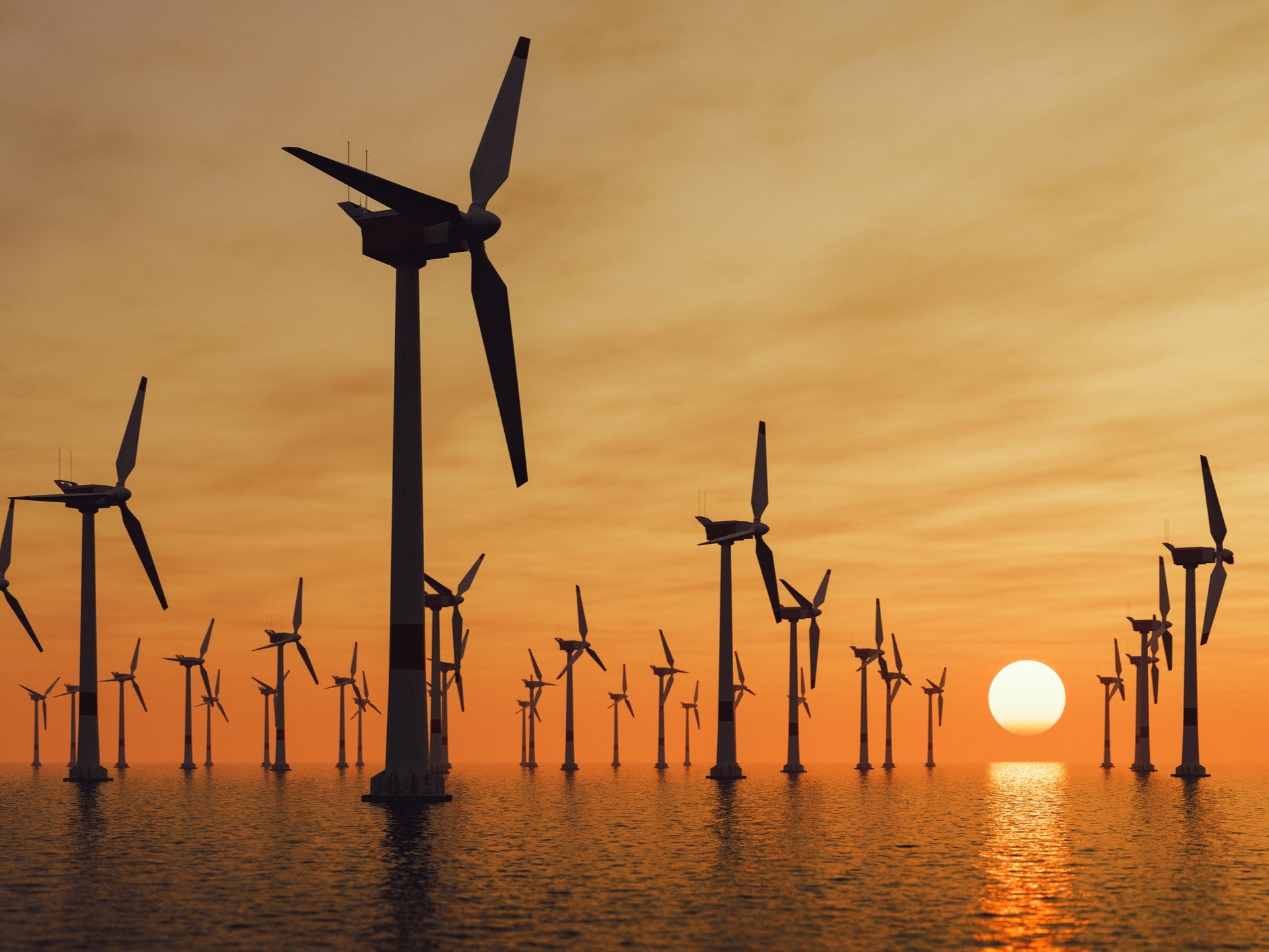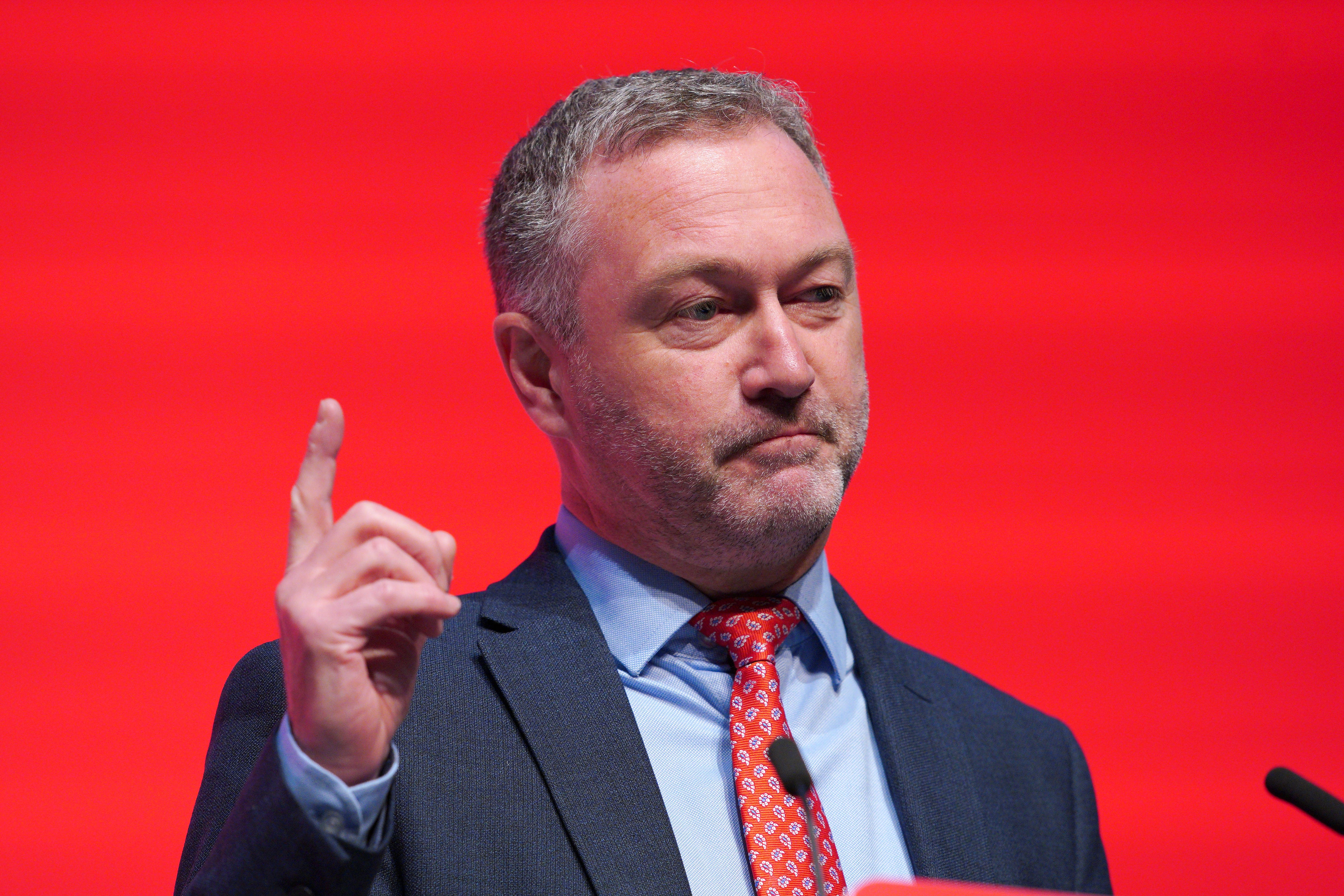
A member of Keir Starmer's shadow cabinet has said he “misspoke” - to the tune of £70bn – about one of his party’s key green policies.
Months after Labour faced criticism for scaling back plans to spend £28bn a year on environmental investments, shadow environment secretary Steve Reed appeared to suggest that figure had increased again.
But he later said he “clearly misspoke” and insisted the cost of GB Energy was much lower.
Labour’s pledge to create a state-owned clean energy firm is a key plank of its plans for government.
The party believes it can create jobs, cut energy bills and help meet its 2030 clean power target. After Russia’s invasion of Ukraine caused energy bills to skyrocket, Labour also argues it will help to make the UK less reliant on others.

But asked about analysis that the new company would need between £61bn and £82 bn of “public capital investment” in its first decade, Mr Reed replied: “It may well be.”
The Tories seized on his comments to claim there was a multi-billion-pound “black hole” in Labour’s finances.
Mr Reed rejected that charge. He said: “I clearly misspoke. The cost of GB Energy is £8.3bn, fully funded by our windfall tax on the oil and gas giants making record profits at the expense of the British people.”
Labour’s green policies are one of the headaches for the party as it prepares to potentially enter government later this year.
The general secretary of the Unite union, one of Labour’s largest donors, Sharon Graham also told the Guardian she fears oil and gas workers risk becoming like 1980s coal miners “sacrificed on the altar of net zero”, after the party said it would ban new drilling licenses in the North Sea.

Alongside his gaffe, Mr Reed also ruled out a role for former prime minister Gordon Brown in a future Labour government, amid mounting speculation.
Earlier this week Mr Brown piled pressure on Sir Keir by publicly calling for the two-child limit to be scrapped in benefits payments while The Independent revealed he has warned countries they may never be forgiven if they did not offer African nations urgent debt relief.
Mr Reed told the BBC’s Newscast podcast: “I think going forwards you don’t bring back figures from the past in quite that way.”







